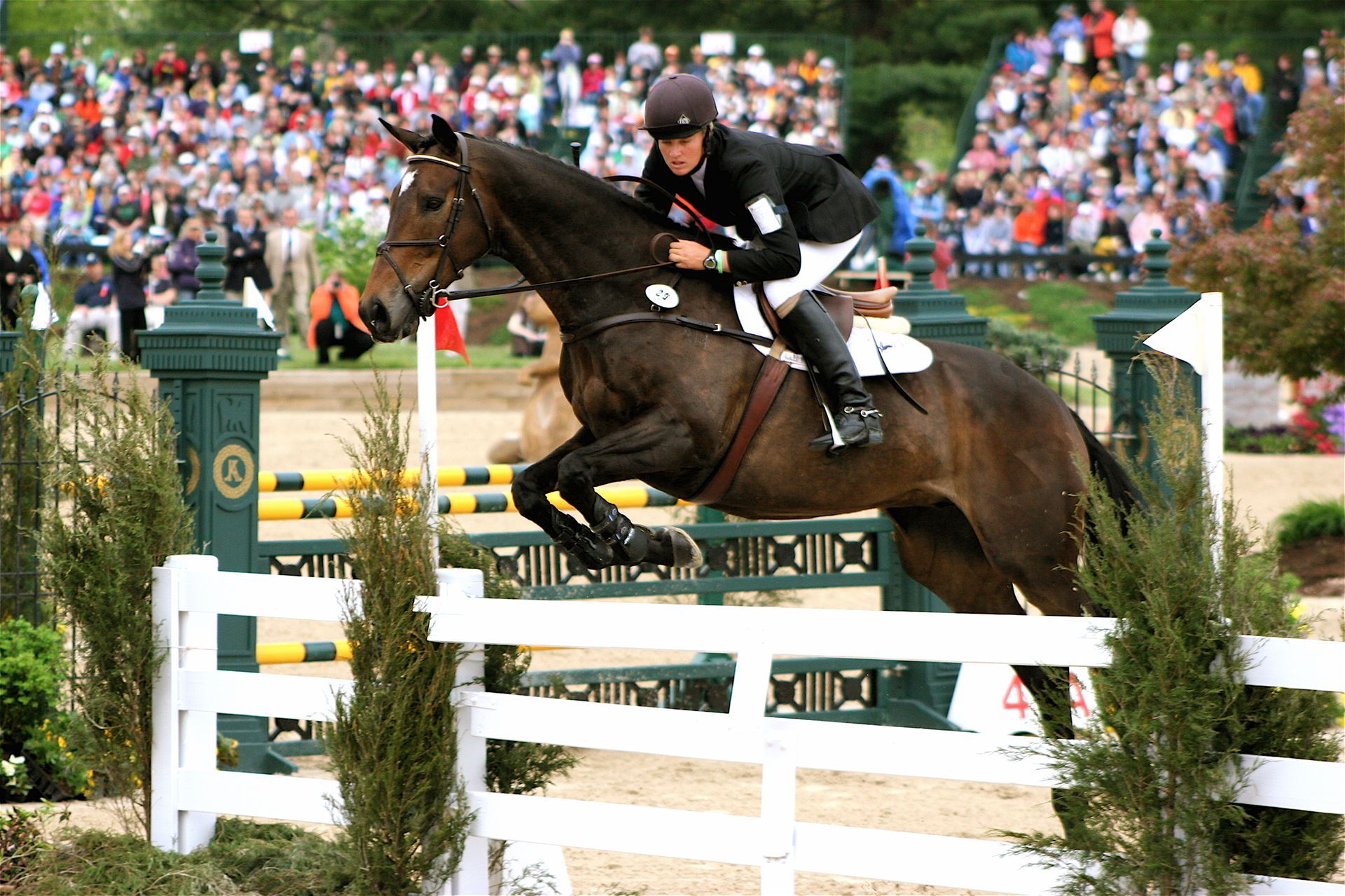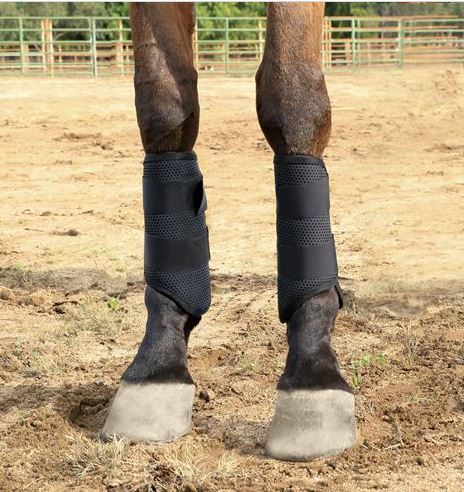Horses, especially those that compete in the upper levels of their respective sports, are true athletes. They are repeatedly asked to perform to the utmost of their physical limit, pushing their bodies in ways horses in the wild never do.
Because of this, it’s important that riders and trainers treat their mounts like the athletes they are, playing close attention to them every, single day, and monitoring their health in the same manner elite human athletes do, taking any inkling of an unsoundness or discomfort seriously.
By Sarah E Coleman

Treat them As Individuals
John Crowell, owner of Sycamore Hill Farm with wife Dorothy Crowell in Frankfort, Ky., groomed for superstar eventer Karen O’Connor for 4 years. As such, he is keenly aware of what it takes to keep a horse happy and sound to continue competing at the upper echelons of the sport. While there is no magic recipe for keeping a horse competition ready (don’t we wish there was!), the key, he says, is to know the horse. “Each horse is an individual, so each has special needs. Your job is to know what those needs are,” he explains.
A one-size-fits-all training and care program cannot be applied to all horses. One horse might have a foot problem while another may have an old tendon—the way you care for these animals, both preparing them for competition and after, should not be the same.
“For me, what is done beforehand is the really important part,” John says. Paying attention to your horse at home is the key to knowing what is going on during competition, he explains. “Every time you bring your horse in, look at it, then take the 2 seconds it takes to run your hands down their tendons, feel their fetlocks, feel their feet for heat. Amazingly, when you make this your habit, then you can get ahead of about 50 percent of your issues.”
In addition to knowing what your horse feels like under your hands, it’s important to have a baseline on what their heart rate, temperature and respiratory rate are, whether you are a groom or a rider. Knowing these three important things, as well as how long it takes your horse to recover from fitness work, will make competition days less stressful: You already know what to expect when you come off a cross-country course, and you will also be ready to care for him should he not be coming back to his baseline rapidly, John explains. “Once you know what ‘normal’ is for your horse, you can better deal with it at the competition.” And with that comes peace of mind!
Before you Begin
Taking good care of your horse also means knowing what he needs for protection as he works and competes. This includes protecting him from over-riding. “Don’t jump on consecutive days if you can help it,” he recommends: Keep jumping to only one day a week. “Try to be preemptive in your schooling, staying one step ahead of any problem or injury. You want them [your horse] to be happy and sound.” Riders can help keep horses that way my not overtraining and exacerbating an old or existing injury.
“Every time you jump your horse, you’re tearing tendon fiber; the fetlock drops to the ground and you are breaking fibers,” he says. Not overjumping is important, as is protection and support in the form of boots. “But only if you know what you’re doing,” John cautions. Proper applications of boots and wraps is essential to protecting a horse and not causing harm. If you do not know how to apply your boots, as someone who does.

After Competition
While knowing your horse well is key to his health, what can be done after competition to keep your horse healthy? We’ve all seen horses booted to the hilt and standing in ice—but at what point is that necessary?
“If you have a novice horse, I don’t tend to go crazy doing things like icing legs,” says John. “I do that at Training and above. These boots are very effective for cooling legs and tendons,” but a lower-level horse doesn’t have that much strain placed on him. But again, each situation is different, depending on the needs of the individual horse. John stresses that all of the therapies available won’t help if you don’t know your horse well enough to know what (if anything) you need to be watching for. “If you have a horse who has had an injury before, you need to constantly watch it for changes. Ask your vet to explain what the injury was and ask questions about how best to treat it and what to watch for. Be better educated. “
“Before you can be an equestrian you have to be a horseman,” John emphasized. “That’s what is missing for a lot of people. One size does not fit all.”
